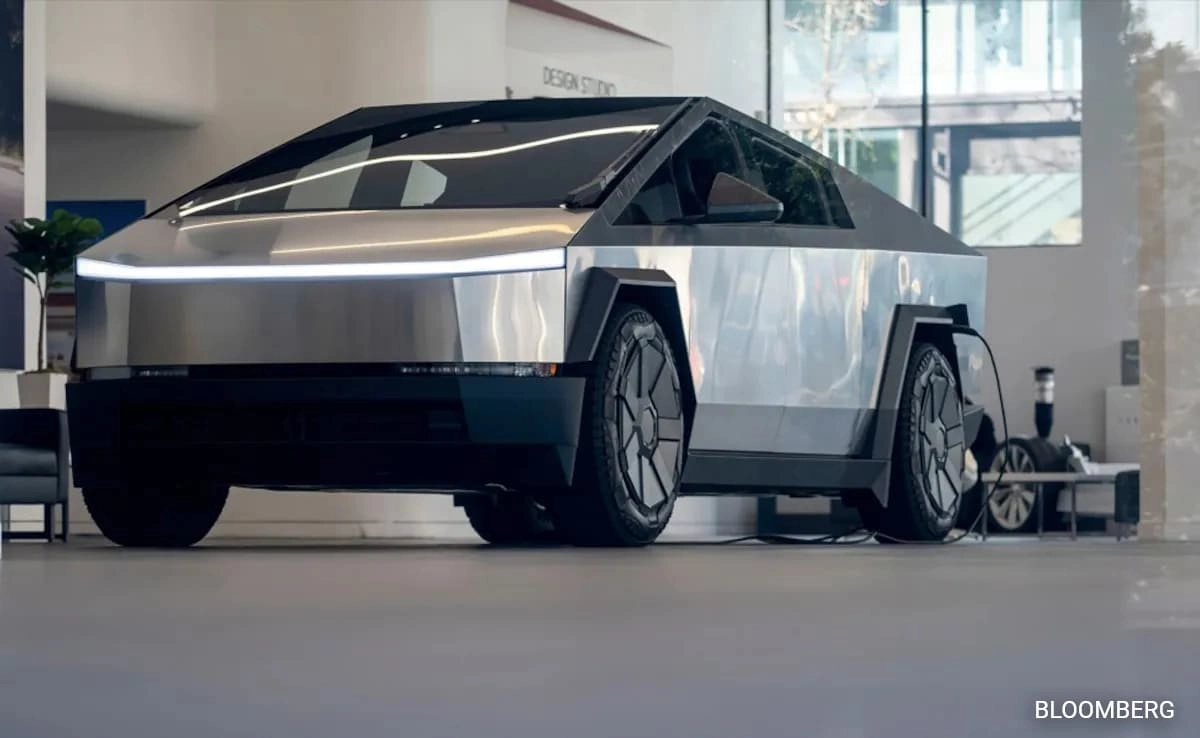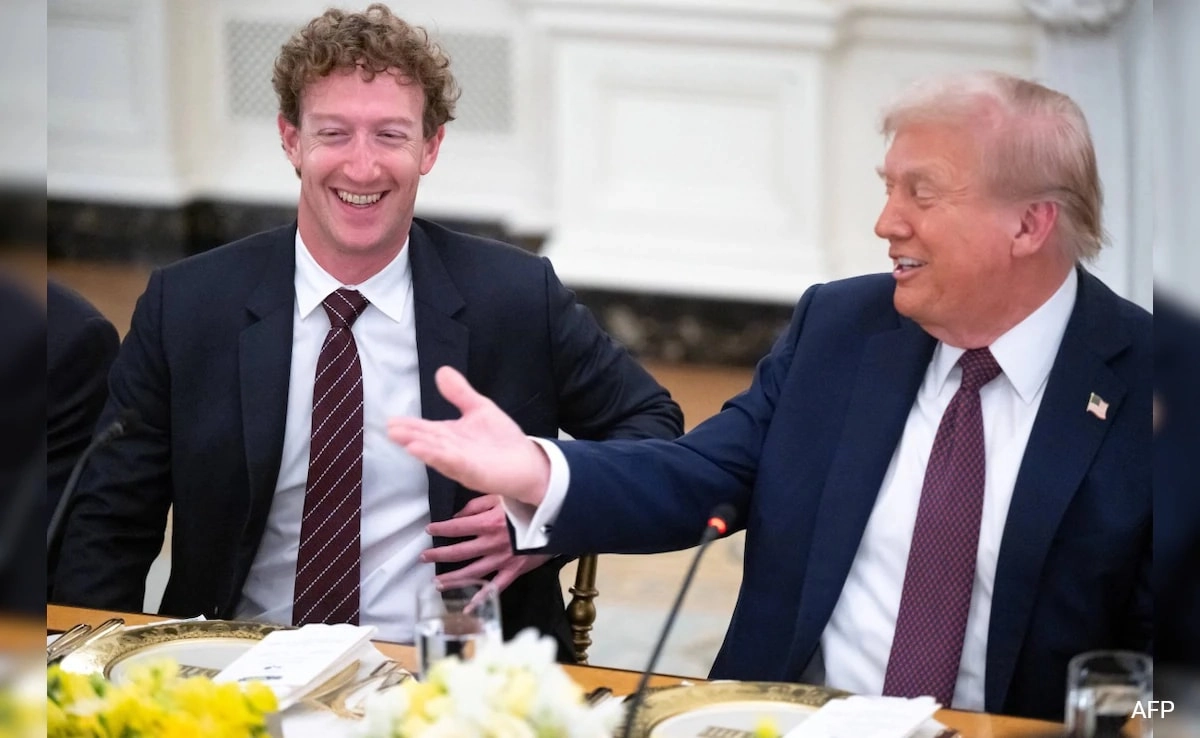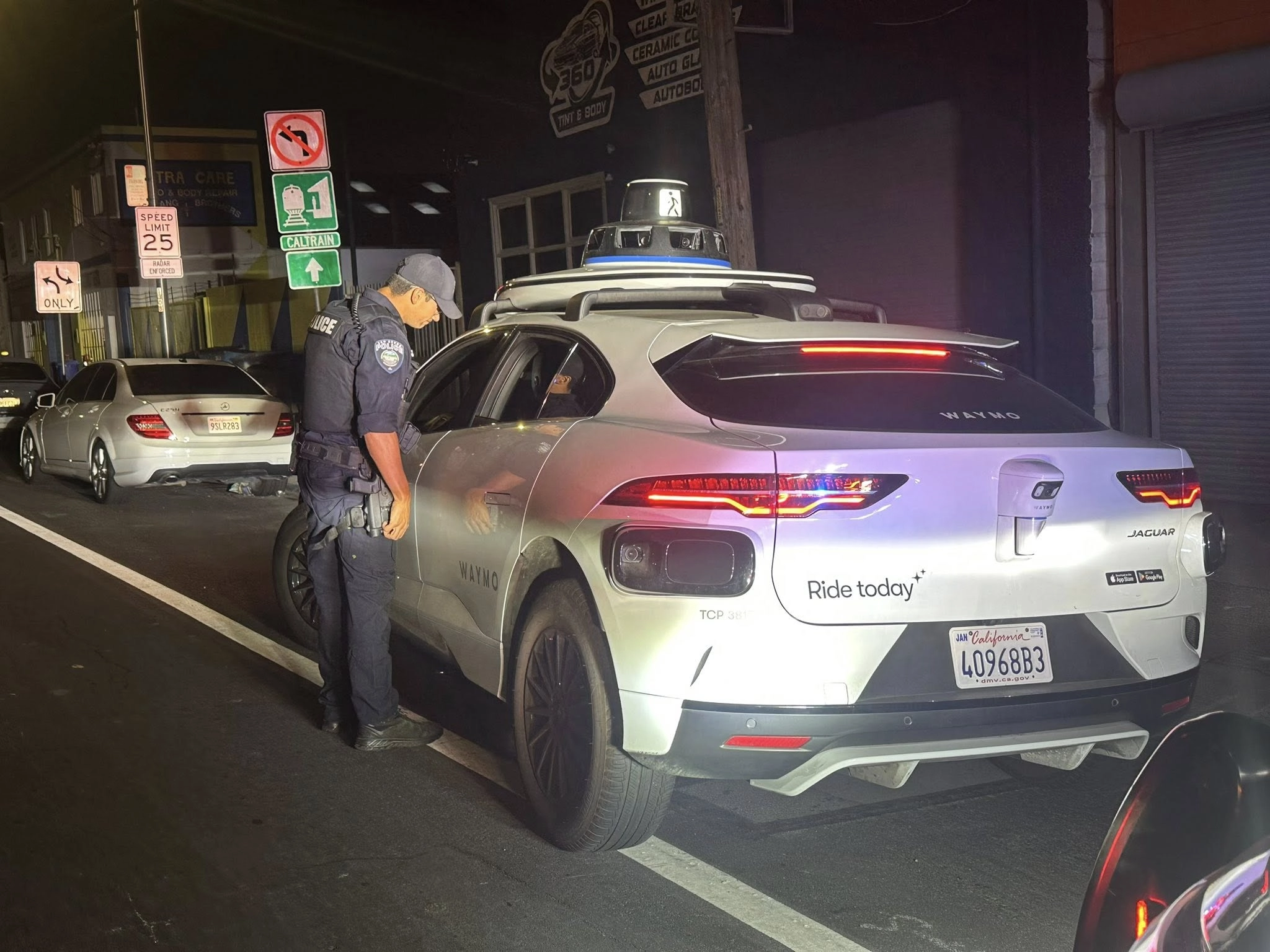In the ongoing discourse about the future of transportation, particularly regarding trucks, notable figures like Elon Musk and Bill Gates have expressed divergent views that both miss the mark. Musk, with his ambitious vision for electric vehicles, has envisioned a future dominated by electric trucks. While the potential for electric trucks exists, Musk’s optimism often overlooks significant challenges, such as the limitations of battery technology, the need for extensive charging infrastructure, and the economic implications for the trucking industry. The logistics of long-haul trucking, where vehicles are required to operate for extensive periods without frequent stopping, poses a particular challenge that electric trucks must overcome.
On the other hand, Gates has taken a more cautious approach, emphasizing the need for alternative fuels and solutions beyond just electrification. While his perspective acknowledges the complexities of transitioning to a sustainable trucking model, it can also come across as overly pessimistic, potentially stifling innovation in the electric vehicle sector. Gates’ focus on biofuels and other solutions highlights the necessity for a diversified approach to addressing environmental concerns in transportation. However, it risks underestimating the advancements in battery technology and renewable energy that could make electric trucks a viable option sooner than anticipated.
Ultimately, both Musk and Gates represent two sides of the same coin, neither fully grasping the multifaceted nature of the challenges ahead. The future of trucking likely lies not solely in electrification or alternative fuels, but in a hybrid approach that incorporates a range of technologies. This may include electric trucks for urban delivery, hydrogen fuel cells for long-haul routes, and advancements in fuel efficiency across various vehicle types. As we navigate this transition, it is crucial to remain open to innovative solutions that can address the pressing needs of the environment while also accommodating the economic realities of the trucking industry.
In conclusion, the discourse surrounding the future of trucks is complex and requires a nuanced understanding that transcends simple binaries. As we look to the future, it’s essential to consider a variety of technological solutions and to engage with the challenges and opportunities they present. The insights from leaders like Musk and Gates are valuable, but they should also serve as a starting point for broader discussions that embrace the complexities of the transportation landscape. The path forward will likely involve a combination of innovations that can adapt to the evolving needs of society while prioritizing sustainability and efficiency.




